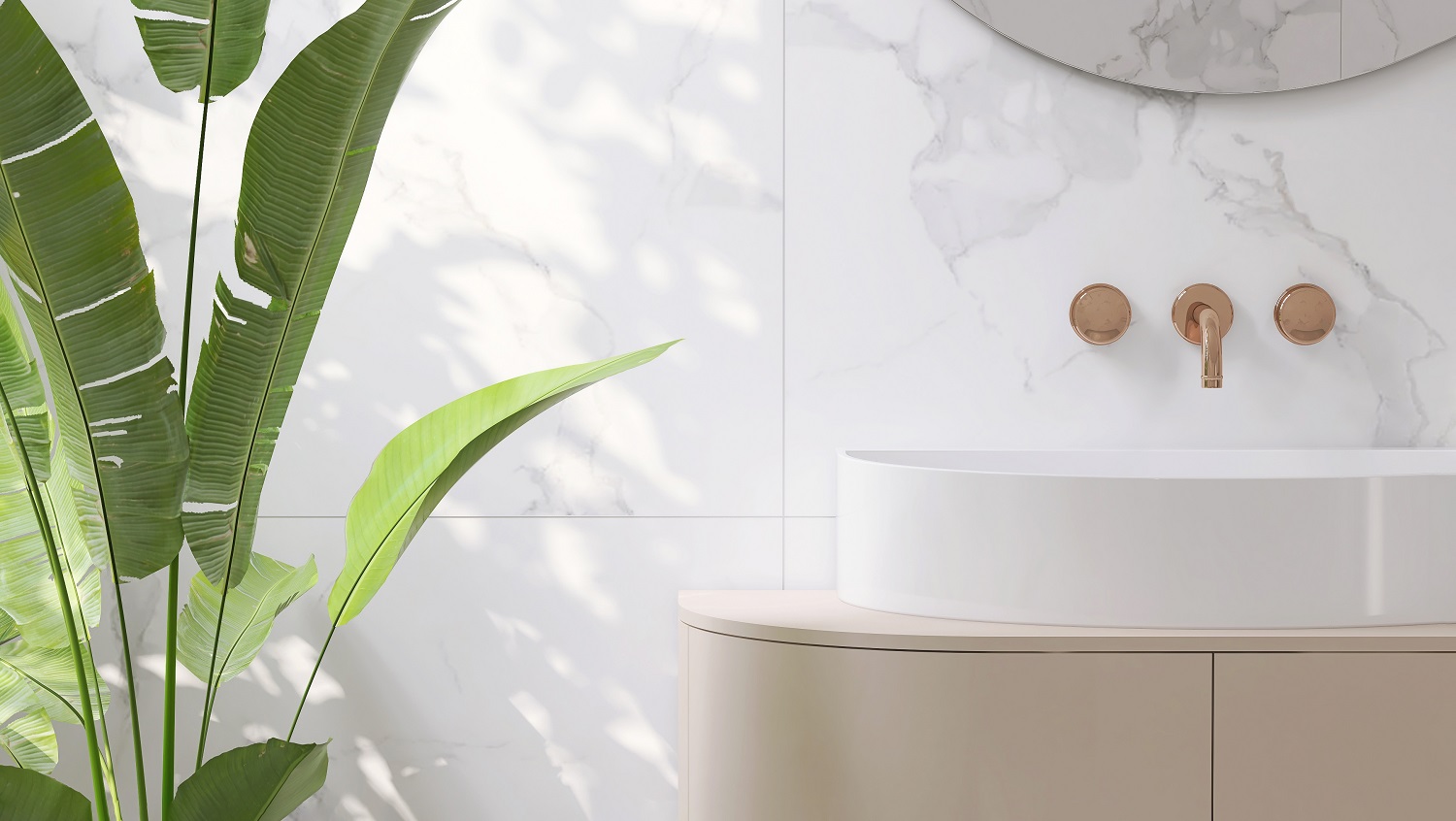
Wondering who to hire for window repairs? Learn when to call a handyperson, contractor, or window specialist and what costs to expect
Winterizing a house costs an average of $250


On average, the cost to winterize a house runs between $65 and $1,000, with an average total of $250.
Simple tasks can cost as little as $50, while a complete list of winterization tasks can reach up to $1,500.
Your final price depends on home size, location, and which winter prep tasks land on your checklist.
Bringing in a pro, for an average of $412, helps you avoid pricey repairs and boosts energy efficiency.
This article was updated using automation technology and thoroughly reviewed for accuracy by HomeAdvisor Editor Ryan Noonan.
The average cost to winterize a house ranges from $65 to $1,000, with most homeowners paying an average of $250. Your total depends on your home’s size, local climate, and the type of tasks you need completed.
You might only tackle a handful of projects, yet it’s still smart to set a budget and, when needed, hire a pro to make sure everything’s done right. Plan ahead and keep up with recurring tasks to protect your home and trim energy bills.
The cost of winterizing your house is based on several factors that all play a part in determining your total. These cost factors include the following:
Bigger homes come with more windows, doors, and pipes to seal, so expect winterization costs to rise as square footage climbs.
Depending on the layout of your yard and outdoor living spaces, additional winterization tasks may be necessary. For example, winterizing a sprinkler system costs an average of $56 to $131. This involves shutting off and draining water, then insulating any above-ground components. Most lawn companies charge by zone for this job and will include four irrigation system zones in their estimates. If you have more zones, your costs will increase.
The cost to winterize a house can vary greatly depending on what needs to be done around your home. Here are some common price ranges for tasks you might complete to prepare for winter:
| Task | Average Cost |
|---|---|
| Insulate windows | $3–$20 per sq. ft. |
| Install insulated curtains | $50–$100 |
| Replace furnace filters | $5–$100 |
| Inspect HVAC | $200–$400 |
| Drain and flush boiler | $75–$200 |
| Insulate pipes | $1.10–$11 per linear foot |
| Inspect chimney | $450 |
| Clean gutters | $120–$230 |
| Trim branches | $460 |
| Close pool | $150–$400 |
| Install new thermostat | $115–$265 |
| Change humidifier evaporator pad | $10–$20 |
| Winterize sprinkler system | $55–$130 |
| Put up storm windows | $30–$65 per hour |
| Roof inspection | $125–$350 |
Labor often makes up the bulk of a winterization bill. Depending on the task, you might call in a handyperson, HVAC tech, plumber, or chimney inspector.
The average cost to hire a handyperson runs from $177 to $690, with most homeowners paying $412. If the task is more complex, you may pay more to hire a plumber for $45 to $150 per hour, or an HVAC technician for $50 to $150 per hour. Minimum service fees can range from $100 to $250, depending on the professional and your region.
Your geographic location plays a crucial role in winterization costs. Homes in areas with harsher winters may require more extensive winterization measures, such as additional insulation or specialized equipment, which can increase costs.
Additionally, regional price differences for materials and labor can impact your budget. For instance, materials and labor may be more expensive in colder climates where the demand for winterization services is higher.
Consider these cost-saving strategies to make prepping your home for the winter more wallet-friendly:
Keep up with annual maintenance and inspections to make winterization tasks more straightforward and less labor-intensive.
Take care of any home repairs promptly to avoid costly repairs when it’s time to winterize your home.
Get detailed estimates from local handypersons or other pros you need to hire. Reaching out to at least three contractors ensures competitive pricing.
Plenty of winter-prep chores are simple and low-cost—some won’t cost you a dime. If you handle them yourself, you could pocket $200 or more.
For bigger jobs—think draining a boiler or checking the roof—bring in a roofing or HVAC pro. You’ll pay more up front, but a seasoned expert keeps you safe and protects pricey equipment. Get a few quotes so you can choose the right partner and winterize with confidence.
No place is more important than your home, which is why HomeAdvisor connects homeowners with local pros to transform their houses into homes they love. To help homeowners prepare for their next project, HomeAdvisor provides readers with accurate cost data and follows strict editorial guidelines. After a project is complete, we survey real customers about the costs to develop the pricing data you see, so you can make the best decisions for you and your home. We pair this data with research from reputable sources, including the U.S. Bureau of Labor Statistics, academic journals, market studies, and interviews with industry experts—all to ensure our prices reflect real-world projects.
From average costs to expert advice, get all the answers you need to get your job done.

Wondering who to hire for window repairs? Learn when to call a handyperson, contractor, or window specialist and what costs to expect

Learn the cost of wall mounting services for TVs, art, mirrors, chandeliers, and more!

Wondering who installs bathroom vanities? Learn who to hire—handyperson, plumber, or contractor—and how pros get it done.

HomeAdvisor’s Intercom System Cost Guide covers home intercom system prices for video, audio, or smart systems. Use this guide to price your next project and find local pros.

Budget for pipe insulation costs based on factors such as insulation material, pipe length, professional labor rates, and more.